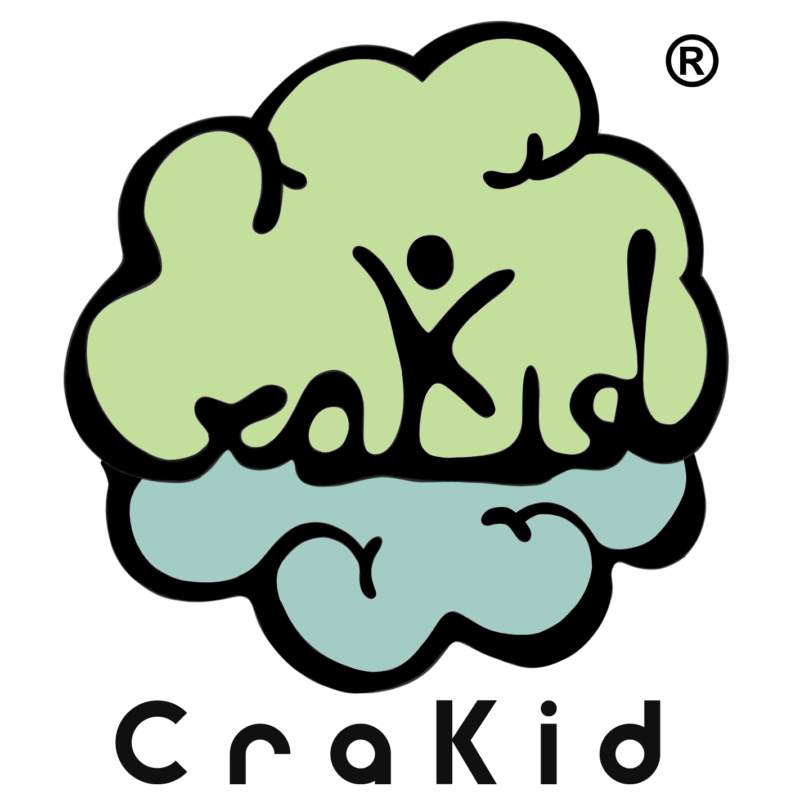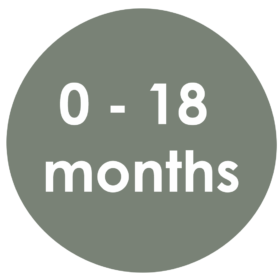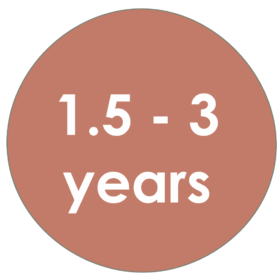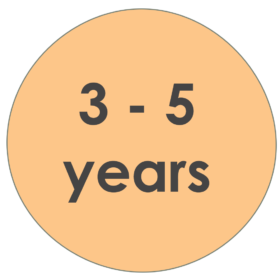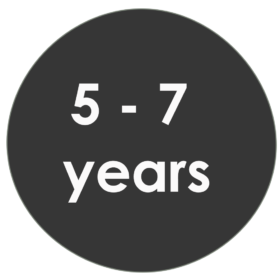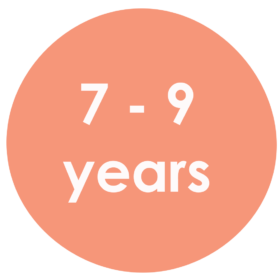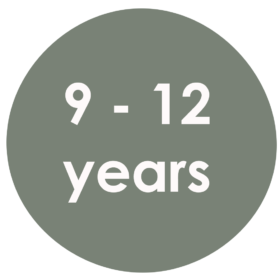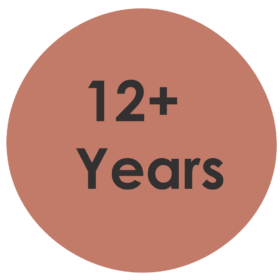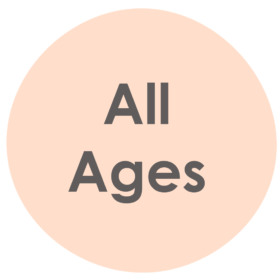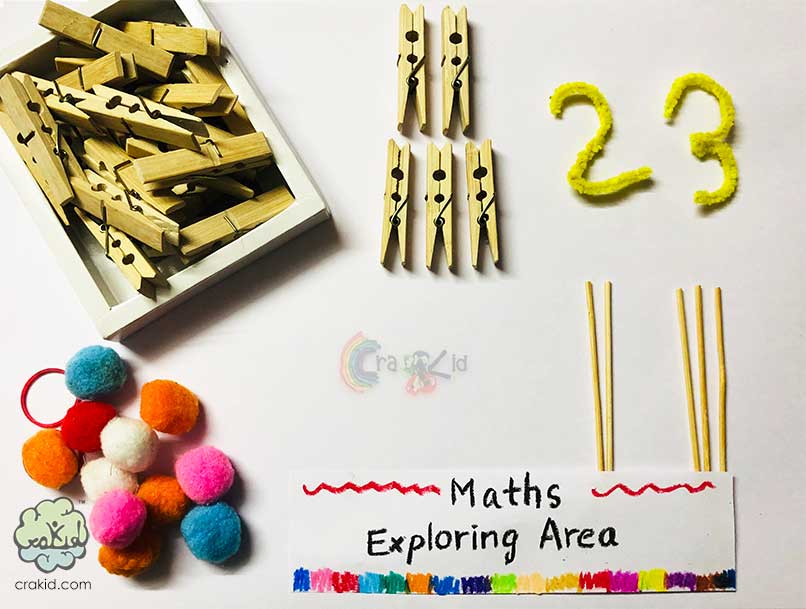Reggio Emilia Approach
What is Reggio Emilia Approach
“The Child, The Environment and The Teacher” – The core principle of Reggio Emilia Approach / Philosophy.
Loris Malaguzzi – The founder of the Reggio Emilia Philosophy.
Reggio Emilia Approach is early childhood education method based on set of principles that encourages the natural development of children, they follows collaborative approach to learning, where the curriculum is planned and environment is prepared by observing, understanding children’s need and interest. Here environment is the classroom where you can’t find any assigned seat and children’s have privilege to access to learning materials according to their own interest. We can find a flexible curriculum in Reggio Emilia Approach.
Parents got a vital role in Reggio Emilia Approach, where the Primary Teacher is the parent itself. The teachers respect parents involvement are welcomed in classroom throughout the school.
Teachers are involved in group learning and considered as learner alongside the children. Teachers are the co-learners, observers, advocates known as the Second Teacher. They plays a dual role as co-learners involved in group learning environment and ensure a mutual participation to ensure the children’s understanding in the topic and at the same time they become observers of students, understands their skills, interest and development. They document everything the children do by the way or video, photo or written findings and display it in the classroom. Documentation is really important. In turn they are getting an opportunity to create environment for children’s exploration and improve learning skills.
The Environment plays a great role in Reggio Emilia approach as they treated as Third Teacher. When we compare Montessori Approach, we can see the children are learning with in the prepared topics and activities. Whereas in Reggio Emilia Approach we can even find any fixed curriculum, rather a self guided learning where students take charge of their own learning process and evolve an environments that are suited to their interest and development stage. Each student have a unique learning styles and skills, the pre-prepared class room environments are not conducive to each students requirements. The teachers observe and involve in group learning and records they findings to plan the curriculum and environment according to students interest. Parents are also included in discussions in children’s development concerns and curriculum building.
- Project based curriculum
- Right over their education. Children will get control over choice and the freedom to choose.
- Ability in real life problem solving.
- Learn to solve problems through research, explore and questioning.
- Expressive Art, children use different way to express their thoughts, creativity by dancing, pretent-play, drama, music, painting etc.
- Self Confidence
- Self Awareness
- Develop an interest in nature
- Learn about team work.
The Only disadvantage i find out in Reggio Emilia Approach is the inability to show their daily learned activities to the parents and to show them actually their children’s are learning. It will be a disadvantage for parents who follow up the daily activities of their children.
